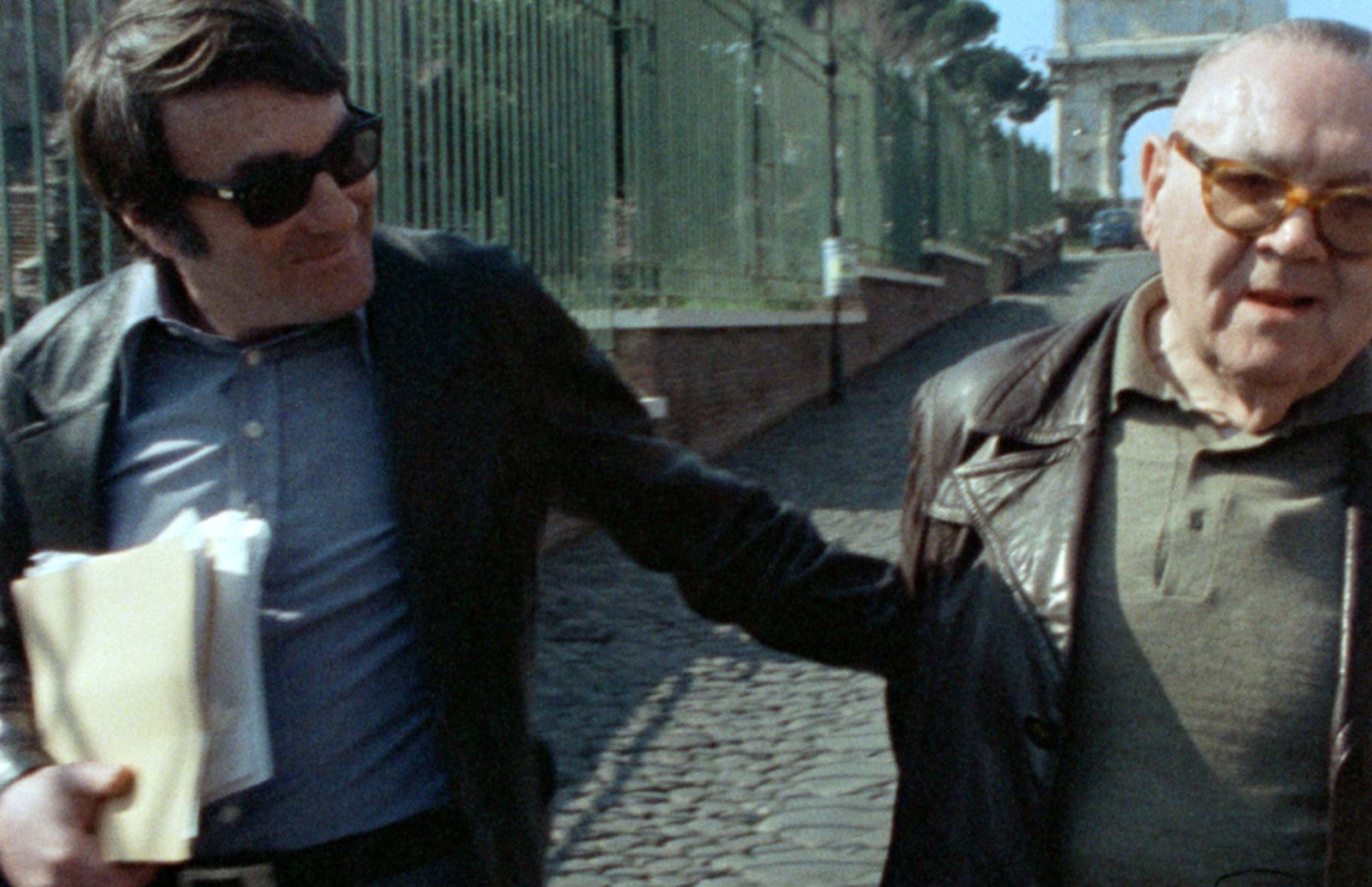The Last Of The Unjust, film review: Complex Holocaust documentary vindicates its subject
(nc) Claude Lanzmann, 218 mins

The Last of the Unjust is largely based around one of the very first interviews Claude Lanzmann did during the preparation for his 1985 masterpiece, Shoah. His subject is Benjamin Murmelstein, a former Viennese Rabbi whom the director met in Rome in 1975 but whose interview wasn't included in Shoah and lay unseen for many years.
Murmelstein, who died in 1989, has been badly treated by history. In 1944, the Nazis had made him the "elder of the Jews," their point of contact in Theresienstadt, a so-called "model ghetto" in Czechoslovakia that was in existence from November 1941 until the spring of 1945.
Rabbi Murmelstein saved thousands of lives. He worked with the Germans for pragmatic reasons, first in Austria assisting senior Nazi officer Adolf Eichmann in organising deportations through the Central Office for Jewish Emigration and then in Theresienstadt itself. By keeping the ghetto going until the end of the war, he saved its inhabitants from the death marches ordered by Hitler. He was a hero but, at the end of the war, was accused of being a collaborator. Although there was no evidence against him, his reputation was ruined.
Alongside the old interview material, there is more recently shot footage of the director revisiting the site of Theresienstadt.
This is a complex and very moving documentary, quite possibly the last one that Lanzmann, now 89, will make on the Holocaust. It fully, if belatedly, vindicates its subject who emerges in the interview material as a formidably intelligent, witty and courageous man.
Join our commenting forum
Join thought-provoking conversations, follow other Independent readers and see their replies
Comments
Bookmark popover
Removed from bookmarks